Oily skin is a condition that usually doesn’t require medical intervention. However, it may negatively affect how you look and feel. There’s a fine line between a healthy glow and excess shine that feels sticky and ruins your make-up.
This article discusses the causes of oily skin, the best treatments and skincare products, and tips for preventing oily skin.
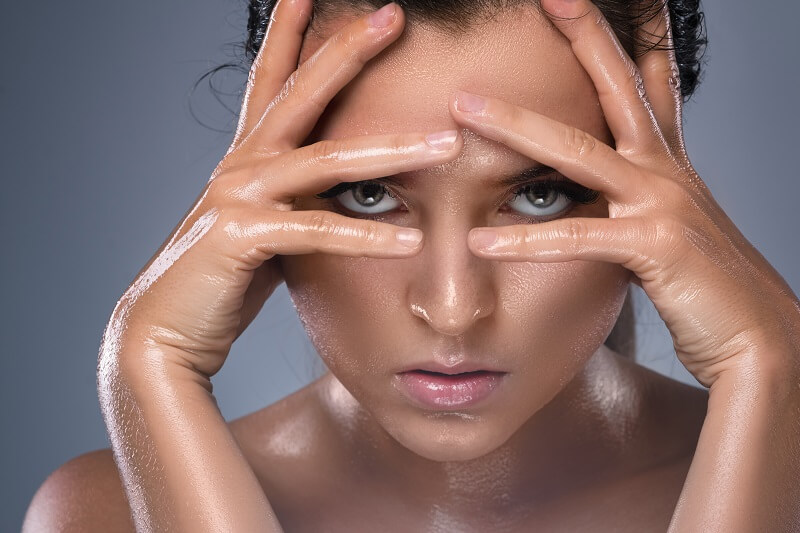
What Causes Oily Skin?
The skin becomes oily when the sebaceous glands produce excess sebum—the natural oil that lubricates the skin and protects it from environmental factors.
Many factors can cause the overproduction of sebum.
- Genetics. Large or overactive sebaceous glands can run in the family. If parents or grandparents have oily skin, they can pass down this hereditary trait. The condition can’t be cured, but you can manage it with proper skin care.
- Inadequate skincare products. Attempting to improve the skin’s condition sometimes results in the opposite effect. People with oily skin tend to cleanse more often, causing a imbalance in the skin’s moisture levels. As a result, the sebaceous glands go into overdrive and produce more oils to protect the skin. Harsh or inappropriate skincare products can also trigger the overproduction of oil. Cleansers with alcohols, sulfites, and astringents strip away the skin’s necessary natural oils, while moisturizers with rich plant butter (e.g., cocoa or jojoba) can cause clogged pores.
- Lack of proper nutrition. Studies have found a possible link between nutrition and skin conditions. Carbs and sugars are found to cause insulin spikes which elevate sebum production. A diet lacking zinc, omega-3, vitamin B, and magnesium can also cause oily skin.
- Heat and humidity. Environmental factors greatly affect our skin. People with dry skin may experience oily skin in hot and humid climates. Saunas, hot baths, and hot showers quickly remove the skin’s natural oils, causing the sebaceous glands to produce excessive amounts of sebum.
- Lack of moisture. The problem with oily skin is excess grease on its surface. However, at the same time, the skin’s deeper layers may suffer from dehydration caused by a low water intake or the lack of moisturizer. If the skin is dehydrated, the sebaceous glands produce more sebum to make up for the imbalance in moisture levels.
- Hormones and stress. Hormonal changes often trigger the overproduction of natural oils, causing oily skin, clogged pores, and acne. Hormonal imbalance usually happens during puberty, the premenstrual part of the menstrual cycle, pregnancy, and menopause. The stress hormone cortisol also causes the skin to increase sebum production.
Note: Learn more about how stress affects the skin and how to lower stress levels to achieve vibrant skin.
If you have oily skin or other skin issues due to elevated cortisol levels, check out our tips on how to lower cortisol levels naturally.
Symptoms of Oily Skin
The most obvious symptom of oily skin is a greasy, shiny complexion. Other signs include:
- Enlarged pores
- Rough skin
- Pimples
- Blackheads
Sometimes, people don’t distinguish oily skin from combination skin. Oily skin affects all facial zones, including the cheeks, while combination skin produces excess sebum only in the T-zone (on the forehead and the nose).
Oily skin creates many frustrations. People often have to wipe off excess grease, their make-up becomes runny and melts within a few hours, and they are prone to clogged pores and acne breakouts.
However, oily skin also provides some benefits. It helps protect the skin from environmental factors and it may lead to fewer wrinkles.
How to Get Rid of Oily Skin: 8 Methods
The causes behind oily skin are complex and unique to every individual, which is why there is no universal cure. However, whether your oily skin is a permanent or temporary condition, it should be treatable.
The treatment requires a holistic approach, which typically involves changes in lifestyle habits and an appropriate skincare routine.
1. Use Mild Cleansers
Cleansers for oily skin should be mild, gel or cream-based, and without harsh ingredients such as alcohol. Look for products labeled “non-comedogenic” because that means they don’t contain pore-clogging components.
Cleanse the skin in the morning and evening, no more than that.
We recommend iS Clinical's Cleansing Complex which gently removes all impurities with mild resurfacing ingredients and deeply hydrates the skin.
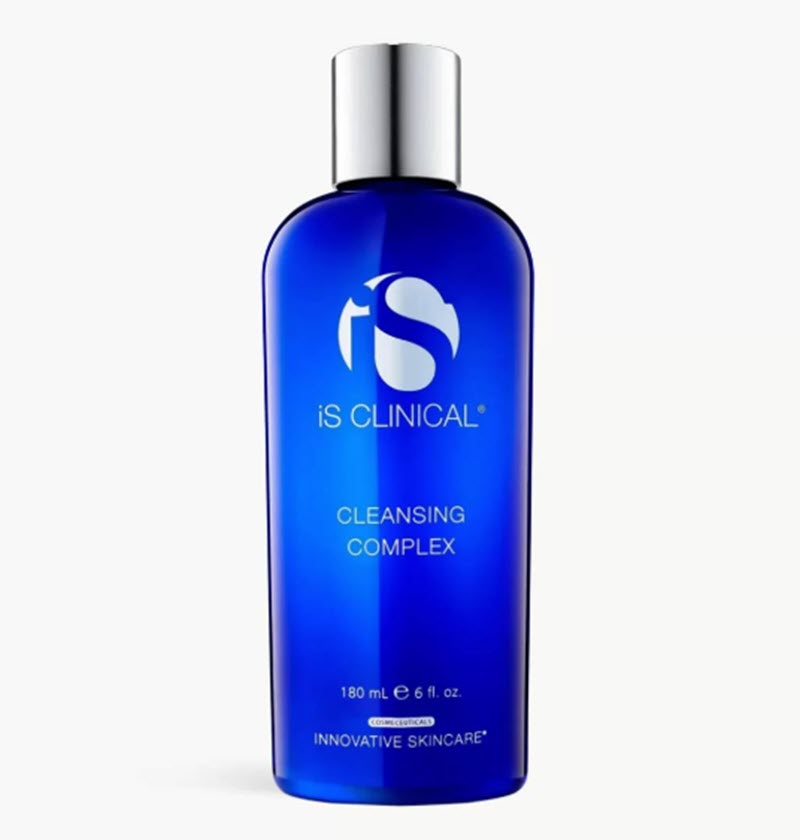
2. Use Gentle Exfoliators
Oily skin frequently breaks out because sebum and dirt mix with dead cells, causing acne. To minimize the chance of breakouts and improve the skin’s tone, exfoliate at least once or twice a week. Use gentle exfoliators with AHA or BHA that scrub off impurities and dead cells without disturbing moisture levels.
We recommend SkinMedica's AHA/BHA Exfoliating Cleanser, which gently exfoliates the skin with natural AHAs derived from sugar cane, sugar maple, and citrus extracts, and with salicylic acid (BHA).
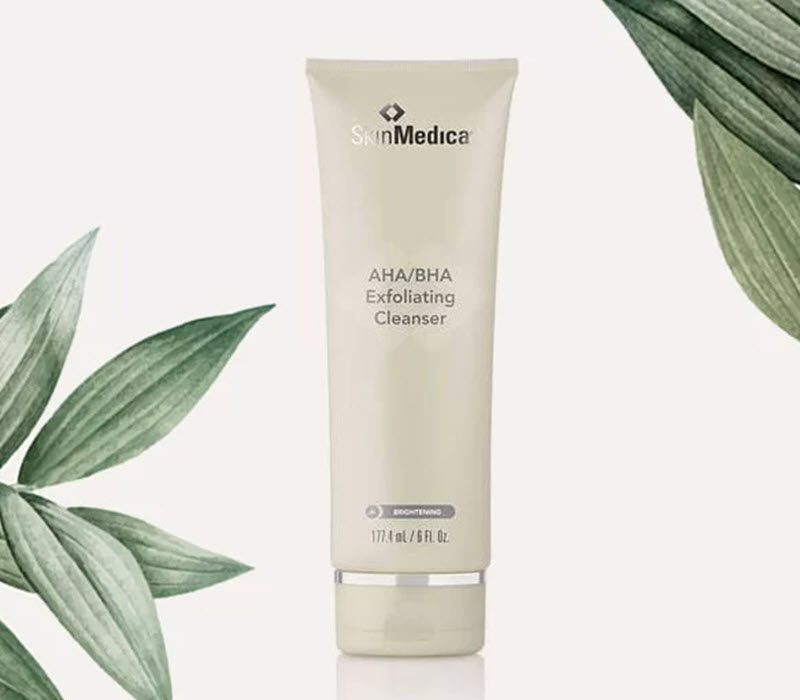
3. Use Toners
Toning is an extra step in your daily skincare routine. If your face is extra greasy, a toner helps you remove excess oils and tone the skin. Look for gentle, non-comedogenic ingredients that better prepare your skin for moisturizing.
Vibrant Skin Bar’s TONE - Clarifying Biome Toner is formulated with innovative microbiome-friendly ingredients, such as Lactobacillus ferment, to help remove excess oils and clear blemishes. Rosemary extract, Gotu Kola, niacinamide, and other potent ingredients have antioxidant and anti-inflammatory properties, helping to reduce redness and irritation that may accompany oily skin.
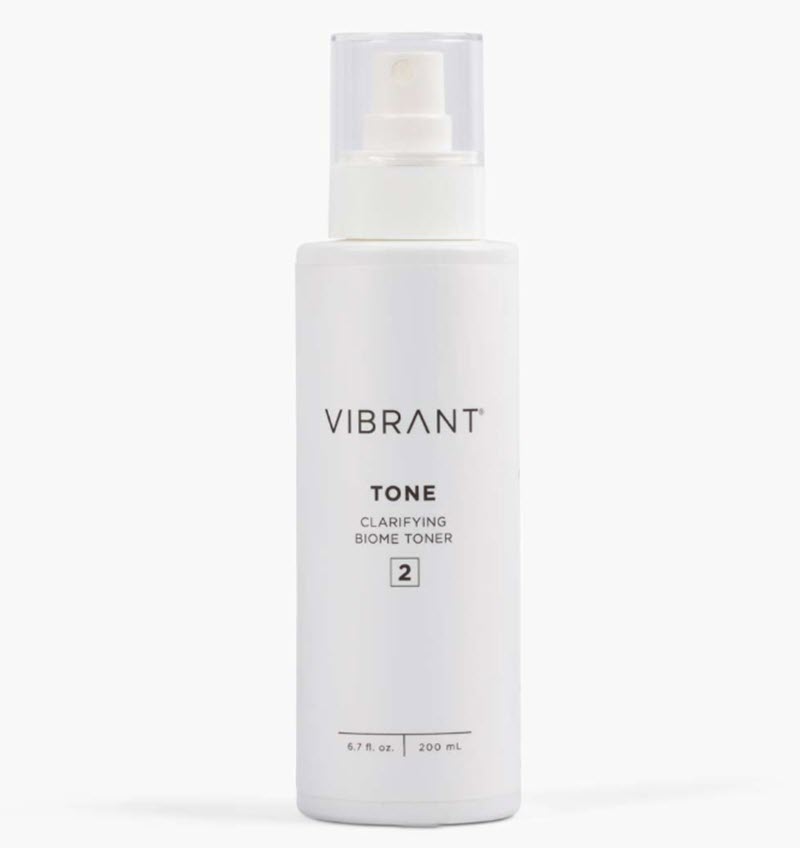
4. Moisturize Regularly
Oily skin needs hydrating just like any other skin type. Moisturizers ensure all skin layers get enough hydration and, with the right ingredients, protect the skin from outside factors.
Look for lightweight moisturizing creams during the summer. If you notice patches of dry skin around your nose during the winter, switch to a thicker moisturizer.
Use fast-absorbing lotions that don’t leave any shine on the surface. We recommend the lightweight skinbetter Hydration Boosting Cream with ceramides and botanical lipids that provide long-lasting hydration.
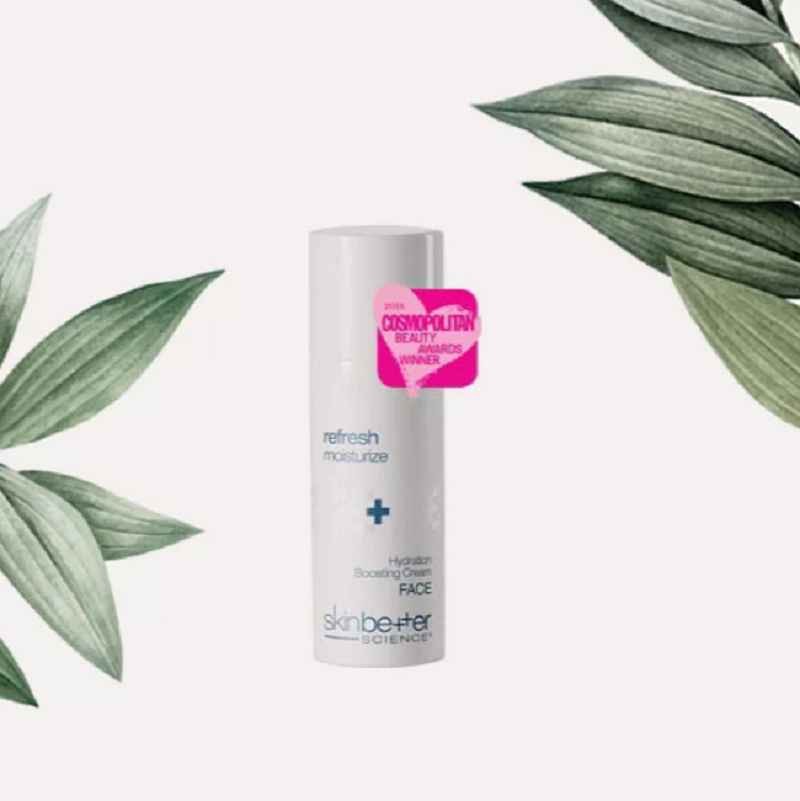
Note: For more recommendations, check out our selection of 5 best moisturizers for oily skin.
5. Don't Skip Sunscreen
Sunscreen is a must, regardless of your skin type. We recommend sunscreen products with zinc oxide if you have oily skin because they don’t promote sebum production. Elta MD UV Clear is a zinc oxide sunscreen that offers broad-spectrum SPF 46 protection without leaving any greasy residue on the skin. Apply it every day after moisturizing.
6. Use Facial Masks for Oily Skin
Facial masks are another optional step in your skincare routine, but we highly recommend them for oily skin. Choose products with oil-absorbing ingredients, such as clay, charcoal, zinc, and hydrating agents, such as hyaluronic acid, green tea, and cucumber. Use them once or twice per week for the best results.
Vibrant Skin Bar recommends Gold Sheet Mask which is specially formulated to hydrate and protect oily and acne-prone skin.
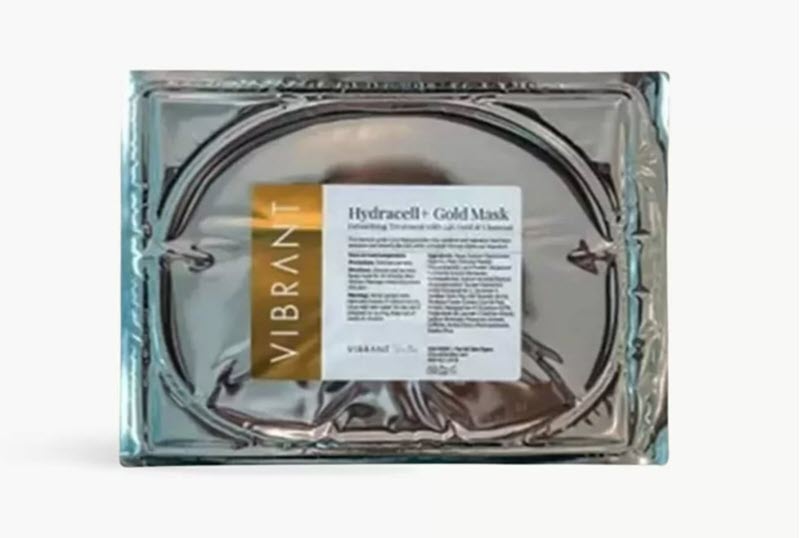
7. Try Homemade Remedies for Oily Skin
The benefits of most DIY remedies for oily skin aren’t scientifically confirmed, but many people use them and claim to see positive effects. Here are the most common ingredients used for homemade facial masks and scrubs.
Honey
Honey is commonly used in cosmetic products as a moisturizing agent. At home, you can use it as a single-ingredient face mask or mix it with other ingredients like yogurt, egg whites, etc. It provides moisture to the skin and can prevent acne because of its antibacterial properties.
Clay
Clay is known for its oil-absorbing properties. Use kaolin or bentonite clay in powder form and mix it with water to create a paste. Apply the paste on the skin and leave it for 10-15 minutes. It absorbs excess oil and helps prevent breakouts.
Aloe vera
Aloe vera is another popular ingredient used in cosmetic products. If you have the plant in your garden or home, squeeze out the juice from the leaf and apply it to the skin. You can leave it on all night. It soothes irritated skin and manages excess oil.
Oatmeal
Oatmeal helps scrub off dead skin cells and absorbs excess oils. Use it with other products like yogurt, banana, papaya, avocado, etc.
The simplest recipe combines oatmeal, water, and honey. Grind the oatmeal and mix it with enough water to form a thick paste. Add some honey and apply it to your face, leaving it for 10-15 minutes. The mask removes impurities and leaves the skin smooth and toned.
Egg whites and yogurt
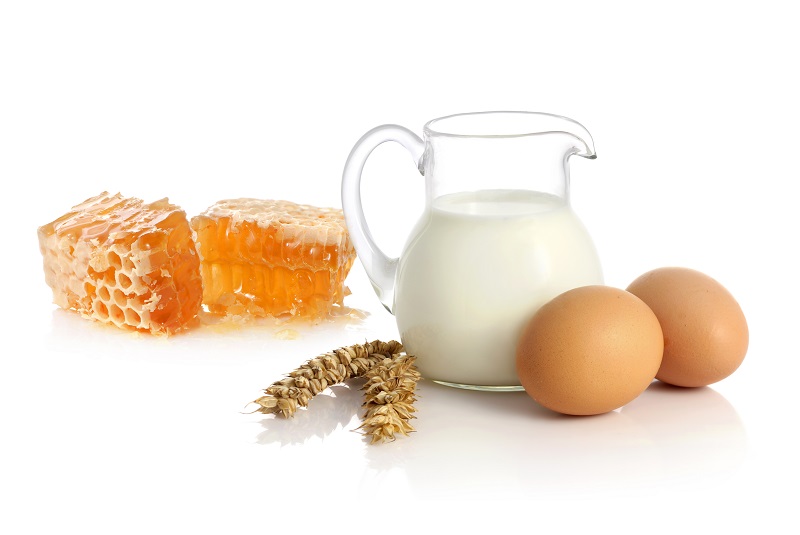
Egg whites are great for cleaning and reducing pores. Yogurt also gently exfoliates the skin's top layer and removes impurities.
Mix one egg white and a tablespoon of yogurt, apply, and leave on for about 15 minutes. The mixture tightens the skin and removes excess oils. If your skin feels dry after the mask, add a teaspoon of honey to provide more hydration.
There are many other possibilities for DIY facial masks with cucumbers, avocado, tomatoes, almonds, bananas, oranges, raspberries, and more.
8. Get Regular Facials
Facial treatments deeply cleanse and exfoliate the skin, removing excess oil, dirt, and other impurities. They also infuse the skin with hydrating ingredients and promote collagen production, helping to balance sebum production.
How to Prevent Oily Skin from Getting Worse
Follow these tips to help your skin maintain optimal moisture levels and an appealing complexion.
- Avoid foods that contribute to the condition—sugar, carbs, dairy, fried, and processed foods. Increase intake of foods rich in zinc, magnesium, omega-3, and vitamin B.
- Drink at least eight cups of water every day.
- Get 7-8 hours of sleep during the night and avoid stress as much as possible.
- Read skincare product labels and avoid harsh and comedogenic ingredients.
- Thoroughly cleanse your skin in the morning and evening, and remove all your make-up before sleep.
- Use moisturizers for oily skin.
- Don’t wipe your face with your hands. Use oil blotting paper instead.
- Don’t pick blemishes or acne.
When Should You See a Doctor?
If your skincare routine and healthy lifestyle habits don’t improve your skin condition, or if you experience frequent breakouts due to oily skin, seek help from a dermatologist. They may help you with prescription medication.
Conclusion
Many people suffer from oily skin. Treatments and products exist, but their effectiveness varies from person to person. Carefully research and test the tips we recommend to see what works for you.
Do you need help with managing oily, acne-prone skin or any other skin concerns? The skin experts at Vibrant Skin Bar are more than happy to examine your skin and design a treatment plan tailored to your skin's condition. For more information or to book a consultation, contact us today!


